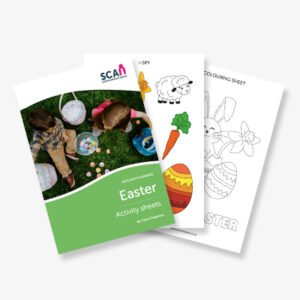Cuckooing
£5.00
Cuckooing refers to a criminal exploitation tactic where drug dealers take over a vulnerable person’s home to store and sell drugs. This often involves coercion, manipulation, or threats. The victims, usually vulnerable individuals, are forced or tricked into allowing criminals to use their properties. Cuckooing can cause significant emotional and physical harm to the victims, who may face violence or intimidation. It is a growing concern in many communities. Authorities work to identify and prevent cuckooing through community outreach, awareness, and support services. Raising awareness helps protect vulnerable people and disrupt criminal activities linked to cuckooing.
Understanding Cuckooing and How to Spot the Signs
Cuckooing is a criminal act where offenders take over a vulnerable person’s home. They use it to conduct illegal activities. This often includes drug dealing, human trafficking, or exploitation.
Victims may feel too scared to ask for help. Criminals may pretend to be friends or offer protection. Once inside, they take control quickly.
Who is at Risk of Cuckooing?
Offenders target people who are isolated, elderly, disabled, or struggling with addiction. These individuals often lack strong support networks. This makes them easier to manipulate.
Young people in care, people with mental health issues, and single parents can also be at risk. Cuckooing often links to county lines activity.
How Does Cuckooing Start?
Criminals may first appear friendly and helpful. They often offer food, gifts, or drugs to build trust. Gradually, they take over the victim’s home.
They may use the property as a base for criminal activity. Victims may get locked in, threatened, or forced to leave their own homes.
Neighbours may notice strange visitors, loud noises, or unfamiliar vehicles. These signs can help identify cuckooing early.
What to Look Out For
Look for a sudden increase in visitors at a vulnerable person’s home. Watch for signs of fear, withdrawal, or stress. Victims may seem anxious or avoid conversations.
Check for property damage, missing belongings, or reports of drug use. Victims may deny anything is wrong when asked directly.
If you suspect cuckooing, report concerns immediately. You can contact the police or local safeguarding team.
Protecting Children and Families
Children living in cuckooed homes face serious risk. They may witness violence, neglect, or drug activity. Safeguarding professionals must act quickly to protect them.
Educate families and carers about the risks. Promote community awareness and encourage open conversations about exploitation.
Final Thoughts
Cuckooing causes long-lasting harm to victims and communities. Spotting the signs early helps stop exploitation. Childminders and professionals must stay alert, report concerns, and work together to protect vulnerable people.





